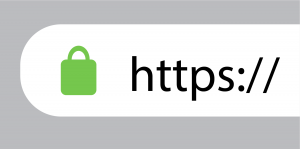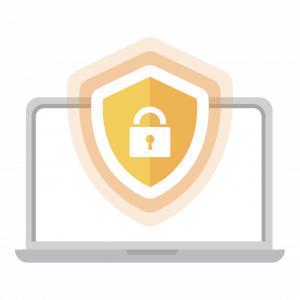When you visit a website for the first time, you might wonder if it’s safe. Questions like “Will hackers be able to get my information?” might come to mind. Cybersecurity has become a significant concern for businesses and individuals alike. So, how can we ensure that a website is safe? One tool we can use to check is SSL.
What is SSL?
SSL stands for Secure Sockets Layer, and it is a security protocol used to secure online communications. SSL works by encrypting the data transmitted between a web server and a web browser. In short, all your information becomes a jumbled mess of data while transferring,
How can you check if a website has an SSL certificate?
The majority of websites currently have SSL certificates, so you are most likely safe. However, there are still ways to check:
- Look for a padlock icon in the address bar of your web browser.
- Check if the URL starts with “https” instead of “http”

What are the benefits of SSL?
- Data protection
SSL encrypts data transmitted between the browser and the server, providing data protection. Any sensitive information transmitted over the internet remains confidential and cannot be intercepted by hackers. It is similar to having your data stored in a multi-layered safe.


2. Improved search engine ranking
Installing an SSL certificate on your website will boost your search engine rankings. Websites with SSL certificates rank higher in search engine results compared to websites without them.
3. Enhanced customer trust
SSL is a symbol of trust and security. When a user sees the padlock icon and “https” in the URL bar, they know that their data is safe and secure. This enhances customer trust and confidence in your website, leading to increased sales and revenue.


